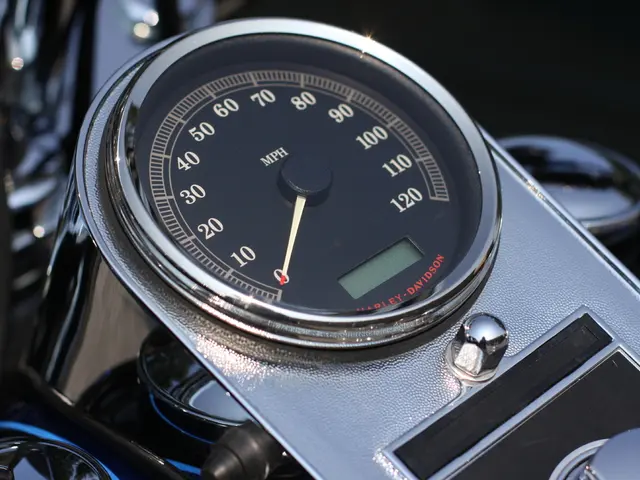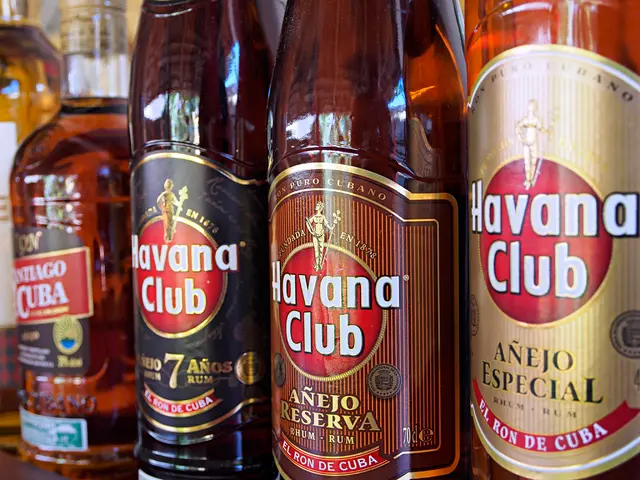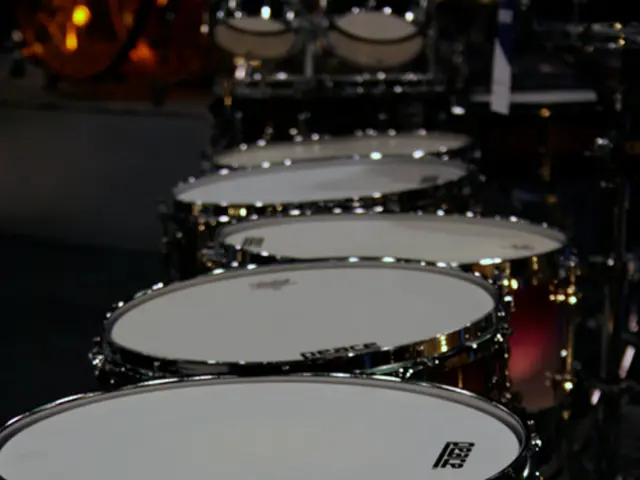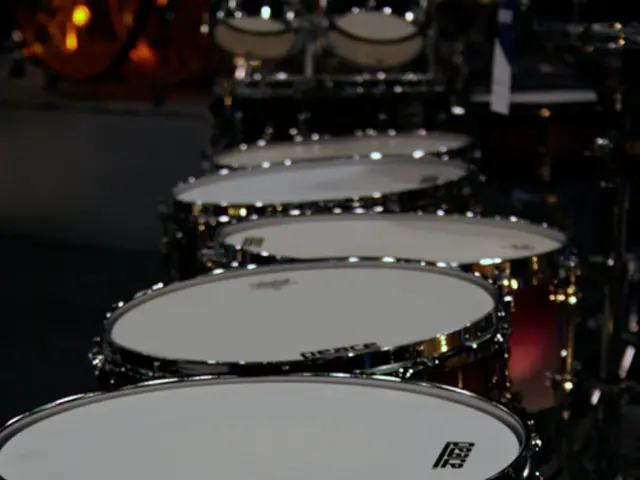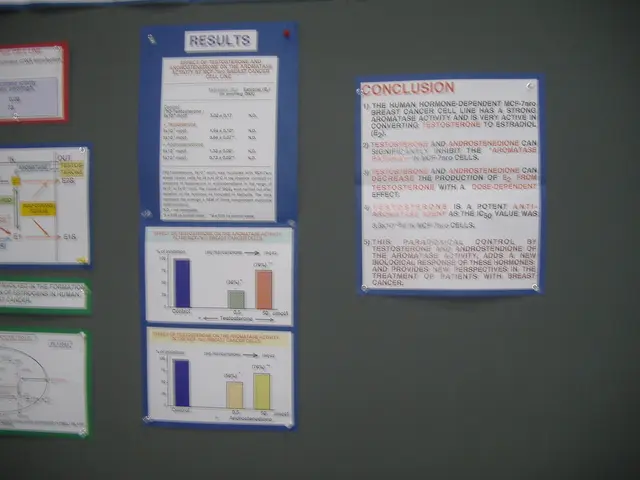Chill Out this Summer: Your Ultimate Guide to Hydration
Summer Hydration Tips: Mastering Fluid Consumption for Optimal Health and Wellness
Welcome to the summer season! With the scorching heat, it's easy to forget about staying hydrated. Dr. Suraj Chatterjee, a senior internal medicine consultant at Indraprastha Apollo Hospitals, offers his expert tips on maintaining optimal hydration and avoiding health risks.
So, How Much Water Should You Drink?
According to Dr. Chatterjee, an average office worker should aim for 2.5 to 3.5 liters of water daily during the summer months. Your hydration requirements may vary based on factors like body size, activity level, and environmental conditions. Keep in mind that even if you're spending most of your time in an air-conditioned environment, your body still loses water through sweat, urine, and breathing. Commuting, walking, or brief outdoor stints increase water loss, so pay attention to your body's cues like dry mouth, fatigue, or darker urine to help guide your hydration needs.
What About Other Drinks?
Besides water, other hydrating options include coconut water, buttermilk, lemon water, herbal teas, and infused waters. These beverages offer a boost of essential electrolytes like potassium, sodium, and magnesium, lost through sweat during hot weather. Fresh fruit juices and soups are also great options for staying hydrated. Avoid sugary sodas and energy drinks; they may provide a temporary energy boost but can do more harm than good in terms of hydration.
Coffee, Tea, and You
Tea and coffee, while hydrating to an extent, should be enjoyed in moderation due to their caffeine content, which increases urine output. However, moderate caffeine intake (3-4 cups a day) does not lead to significant fluid loss for habitual drinkers. Switch to caffeine-free herbal teas during hot weather.
Less Obvious Signs of Dehydration
While dry mouth, fatigue, and dark urine are well-known signs of dehydration, bad breath, dizziness, headaches, constipation, muscle cramps, and fatigue are lesser-known indications that your body needs more fluids. Mood swings, difficulty concentrating, and sudden sugar cravings are symptoms of an imbalance in electrolytes. Seek medical attention if skin becomes less elastic or your eyes appear sunken as these are more advanced signs of dehydration.
Is Dehydration Dangerous?
Severe dehydration can be life-threatening, as it leads to an electrolyte imbalance that can impair organ function. Severe dehydration can cause heatstroke, kidney failure, seizures, or hypovolemic shock, all of which need immediate medical attention. Vulnerable populations, such as the elderly, children, and those with chronic illnesses, are more at risk during the summer months.
Stay safe, sip well, and enjoy your summer!
References:[1] Malsin, W. (2018, July 17). Coconut water or sports drinks? Both can help you rehydrate. Retrieved from https://www.mayoclinic.org/healthy-lifestyle/nutrition-and-healthy-eating/in-depth/coconut-water/art-20490478
[2] Patel, V. (2020, June 11). Lassi: The yogurt drink that could aid digestion. Retrieved from https://www.bbcgoodfood.com/howto/guide/effects-lassi
[3] Science in Sport. (n.d.). Science in Sport Go Hydro. Retrieved from https://scienceinsport.com/products/science-in-sport-go-hydro
[4] Zambon, E., Ferrari, V., & Girard, B. (2018). Hydration and electrolyte replacement in athletes. Nutrients, 10(5), 582. https://doi.org/10.3390/nu10050582
[5] Zeratsky, K. A. (2017, June 26). 8 hydrating drinks that aren't plain water. Retrieved from https://www.mayoclinic.org/healthy-lifestyle/nutrition-and-healthy-eating/in-depth/hydration/art-20048389
- Dr. Suraj Chatterjee, a senior internal medicine consultant, advises an average office worker to consume 2.5 to 3.5 liters of water daily during the summer, emphasizing the need for optimal hydration.
- Dehydration during hot weather can lead to a number of lesser-known signs like bad breath, dizziness, and constipation, in addition to dry mouth, fatigue, and dark urine.
- Coffee and tea, while hydrating, should be consumed in moderation due to their caffeine content, with habitual drinkers not experiencing significant fluid loss with moderate intake.
- Coconut water, buttermilk, lemon water, herbal teas, and infused waters are among the hydrating options besides water, offering essential electrolytes like potassium, sodium, and magnesium lost through sweat in hot weather.
- Severe dehydration can impair organ function, causing heatstroke, kidney failure, seizures, or hypovulcemic shock, making vulnerable populations like the elderly, children, and those with chronic illnesses more at risk during the summer months.

